Former Chairman of the Independent National Electoral Commission (INEC), Professor Attahiru Jega, has affirmed the continued credibility and integrity of Nigerian academics in the country’s electoral process, stating that the majority of professors have rejected bribes from politicians during elections.
Jega made the remarks on Thursday while speaking at The Platform, a Democracy Day special edition of a socio-political dialogue hosted by Covenant Nation, a Lagos-based church.
Jega, who led INEC from 2010 to 2015 and introduced the inclusion of university vice-chancellors and professors as returning officers and ad-hoc staff, praised the role of academics in cleaning up Nigeria’s electoral process.
“Up till 2015, professors brought a high level of integrity to our elections. Many of them have consistently rejected bribes and maintained their reputation,” Jega stated.
He defended the decision to stick with university scholars, despite criticism and isolated cases of misconduct, noting that the actions of a few should not tarnish the contributions of the many.
Jega recalled that after the 2011 general elections, professional bodies such as the Nigerian Bar Association (NBA) and the Nigerian Society of Engineers (NSE) sought participation in electoral duties.
“But we said no. When something is working, why change it?” he explained, highlighting that academics had proven themselves to be neutral, transparent, and efficient in the conduct of elections.
He stressed that most professors involved in the process had spent decades building their reputations and would not risk it for short-term political gain.
Jega, also a former Vice-Chancellor of Bayero University, Kano, emphasized the importance of credible personnel in safeguarding democracy.
“A vice-chancellor who has served 35 years in the university system, who has just a few years to retire, will not compromise their integrity over elections,” he said.
He acknowledged that a few professors had been prosecuted for electoral offences, but insisted this should not overshadow the substantial positive impact of academic professionals in Nigeria’s democratic journey.

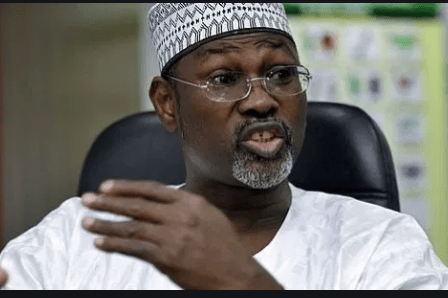
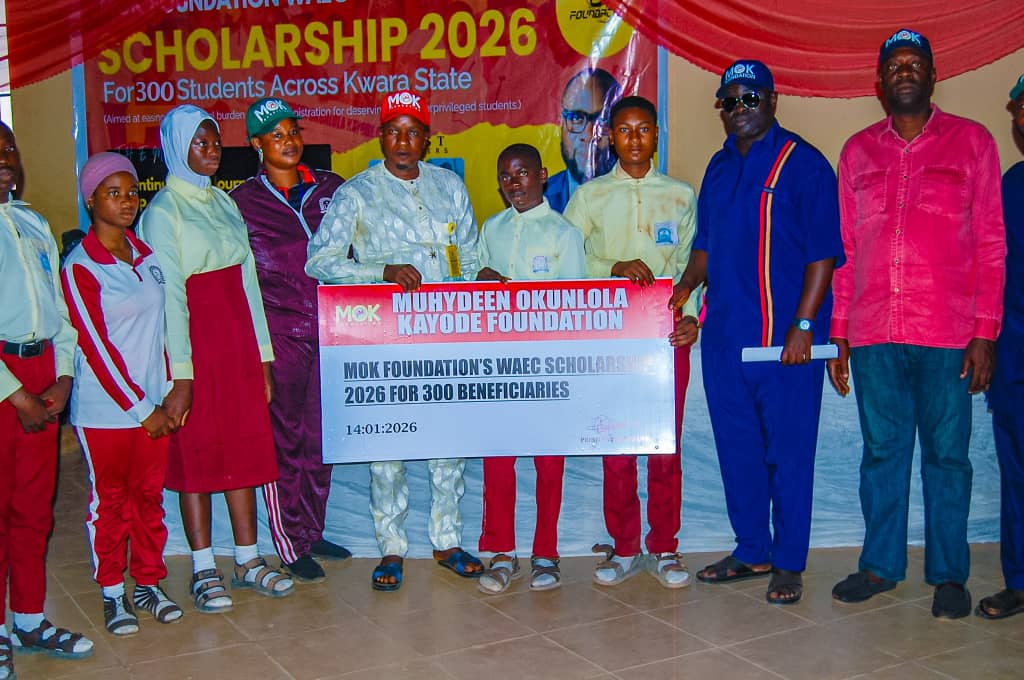
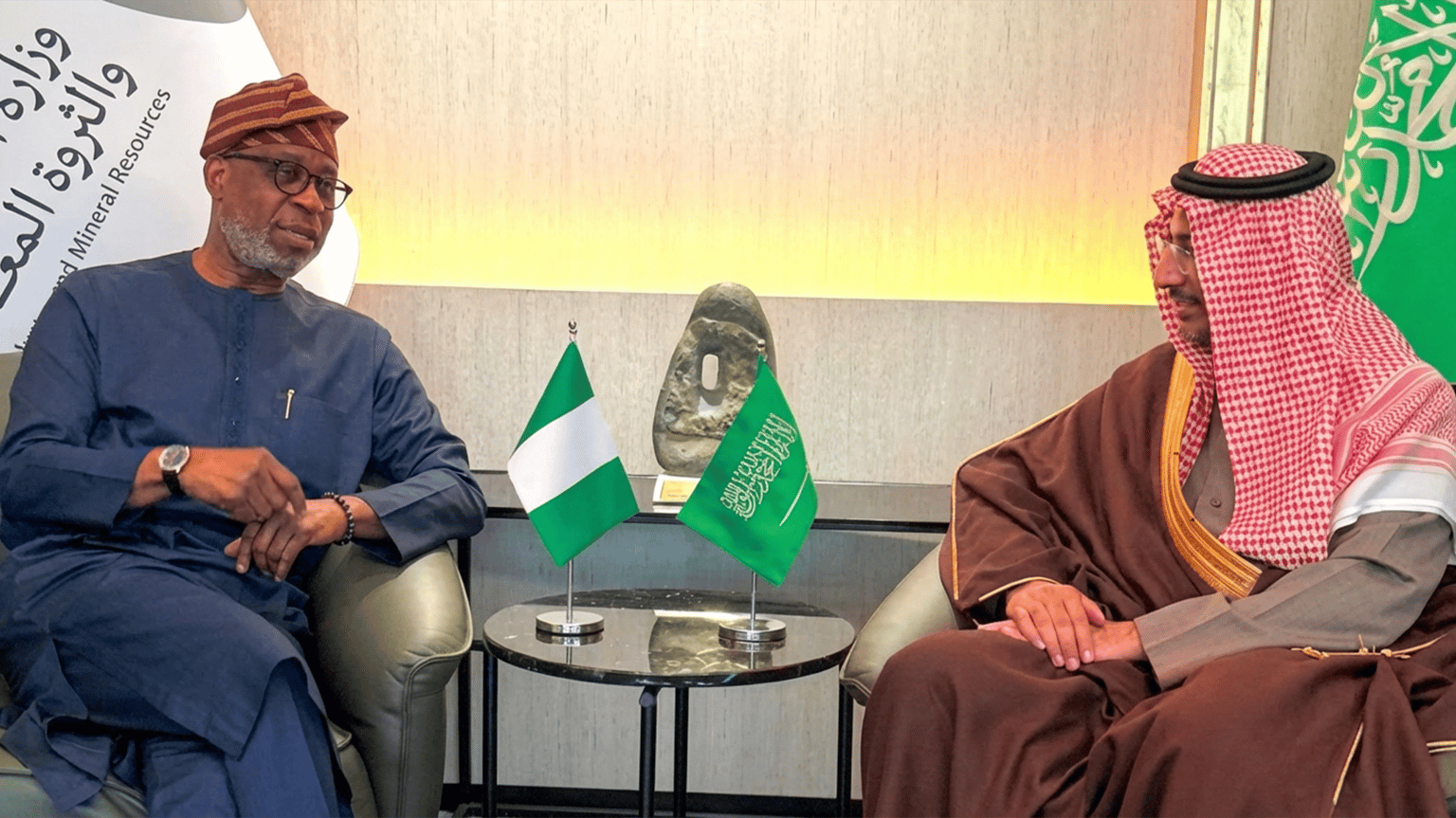
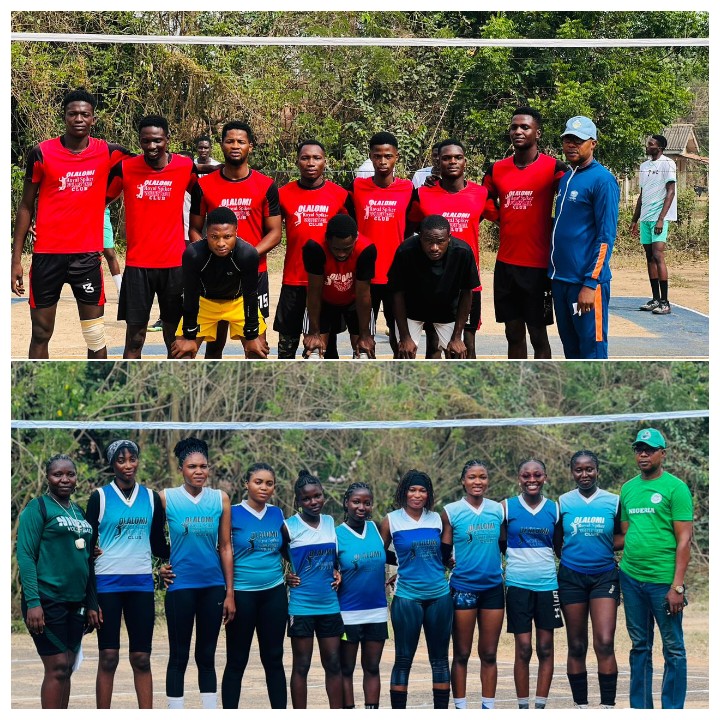
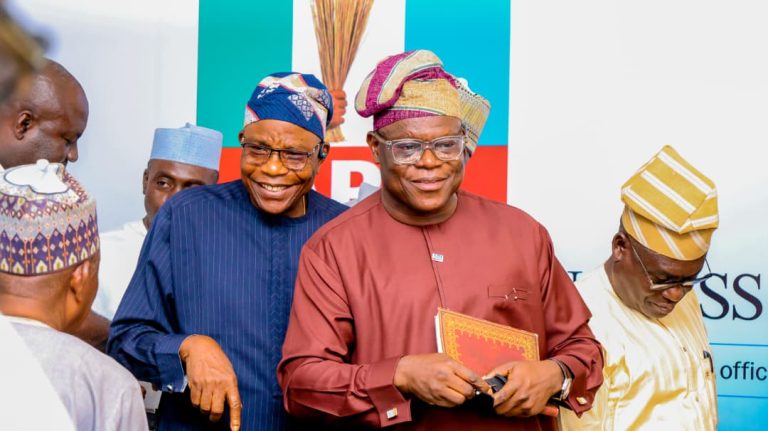
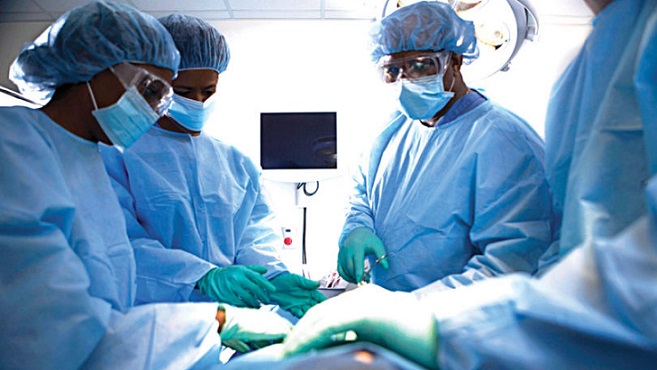

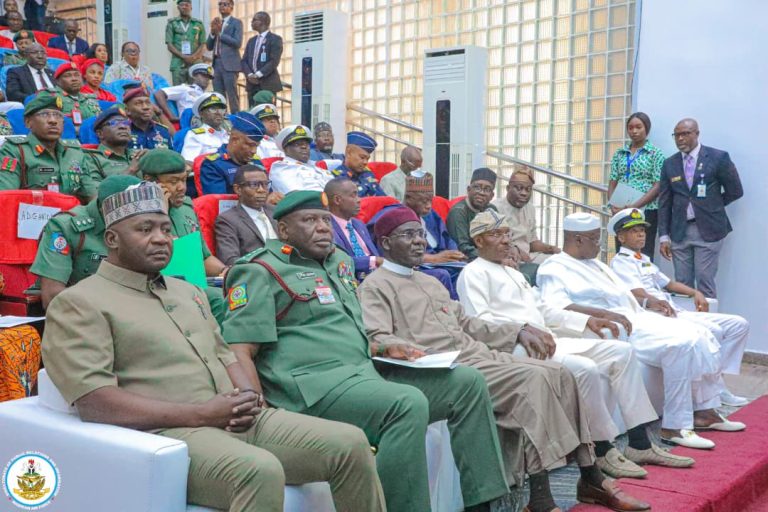
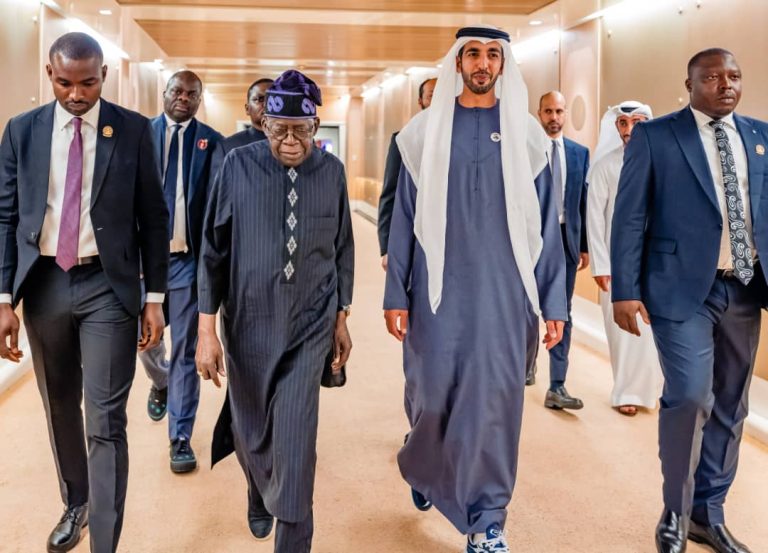

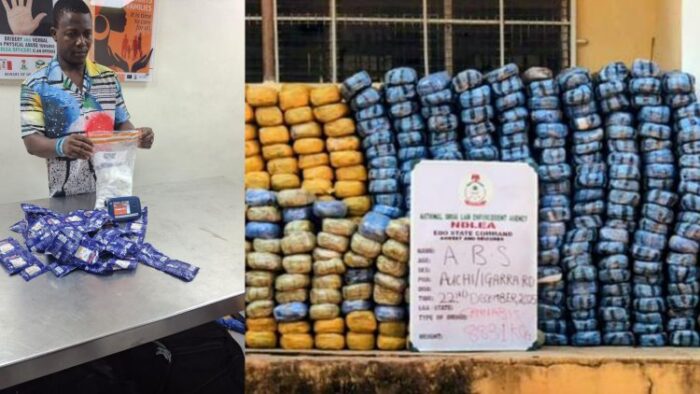
Leave a Reply